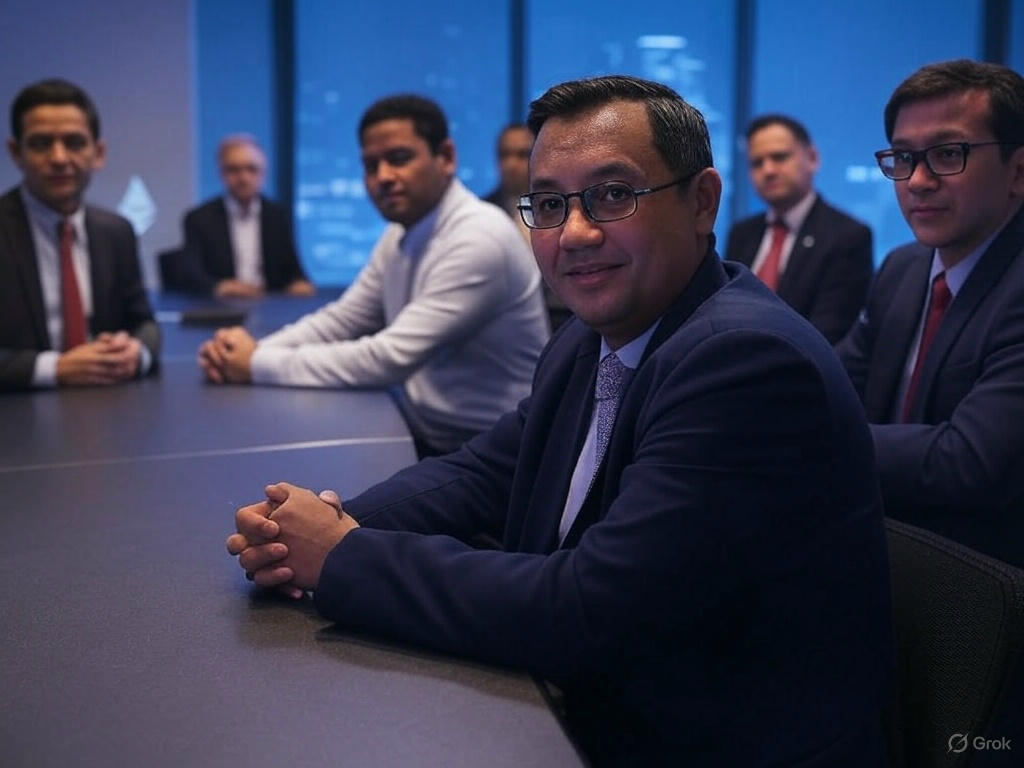The International Monetary Fund concluded its 2025 Article IV mission to Nigeria, praising reforms to stabilize the economy but warning that tougher measures are needed to curb inflation and bolster resilience amid global headwinds.
Led by mission chief Axel Schimmelpfennig, the IMF team met with Nigerian officials, including Finance Minister Wale Edun, Central Bank Governor Yemi Cardoso, and Agriculture Minister Abubakar Kyari, as well as private sector leaders, academics, and civil society in Lagos and Abuja from April 2-15. The talks focused on Nigeria’s economic challenges, including low oil prices and high poverty rates.

The macroeconomic outlook is marked by significant uncertainty. Elevated global risk sentiment and lower oil prices impact the Nigerian economy.
Macroeconomic policies need to further strengthen buffers and resilience, reduce inflation, and support private sector-led growth.
“The authorities have taken bold steps,” Schimmelpfennig said in a statement. “Ending central bank deficit financing, scrapping fuel subsidies, and improving the foreign exchange market have put Nigeria on stronger footing.” Yet, he noted, “poverty and food insecurity remain stubbornly high,” with reforms yet to lift all boats.
Cloudy Outlook
Nigeria, Africa’s largest oil producer, faces a murky economic path. Falling global oil prices and heightened risk sentiment are squeezing revenues, amplifying uncertainty. The IMF said reforms since 2023 have helped, but more is needed to navigate external shocks.
The government plans to adjust its 2025 budget to reflect weaker oil income, signaling a neutral fiscal stance to support the central bank’s fight against inflation. Savings from subsidy cuts should fund critical investments and expand cash transfers under a World Bank-backed program to ease food insecurity, the IMF said.
Monetary Muscle
The Central Bank of Nigeria must maintain a tight policy to rein in inflation, the IMF stressed. The Monetary Policy Committee’s data-driven approach has worked well, but setting a clear disinflation target could anchor expectations, Schimmelpfennig said.
The IMF’s findings are preliminary and subject to approval by its Executive Board, which will review a detailed report later this year.
Stakeholder Talks
The mission’s broad engagement included labor unions and environmental officials, reflecting Nigeria’s complex economic and social landscape. The IMF thanked the authorities for their cooperation.




